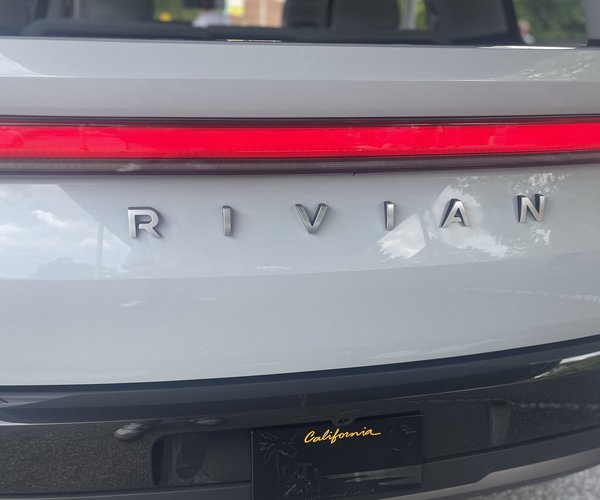COVINGTON, Ga. — Almost lost in the backdrop of a bustling scene surrounding Covington’s downtown Square on a Thursday night was a small sign that white sign with red lettering that succinctly summarized the outcome of the 90-day open container trial period vote performed at the most recent Newton County Board of Commissioners meeting.
The sign, planted in the Square’s grassy areas right near the edge of there the sidewalk begins, says, “No alcohol allowed in Square Park.”
The county commissioners said the same in a 4-1 vote during the Tuesday May 2 board meeting. But it probably wasn’t as antagonistic as that sounds. The Covington City Council had voted unanimously to allow the trial period to provide helpful data to businesses and residents alike to see how beneficial it would be to allow people to carry open containers of alcoholic beverages on any part of the square.
Here’s the somewhat tricky part, though: The ownership of the Square is split two ways — the grassy Square Park area belongs to the county while the sidewalk portion belongs to the city. The outcome of both votes essentially allowed open containers of alcohol on the city owned part while banning it on the county owned part.
“It’s definitely a very unique situation,” District 2 County Commissioner Demond Mason said regarding permissions to have alcoholic beverages on any part of the square. “I’d definitely like to see how this 90-day period works being on the sidewalks, and then, maybe, if we can get some data and good feedback from that, we can revisit that safe zone green space.”
It’s that tenor of cautious optimism despite the vote that has people like Newton County Chamber of Commerce president Debbie Harper still feeling positive about what the 90-day trial period, which began Thursday May 4, could show.
“I don’t think how they voted will impact the trial period, really at all, because from what I understood from the [county] commissioners is they just wanted more data from the sidewalks to make a further decision,” Harper said. “Whereas Mr. [Ken] Malcom presented a lot of data from communities that have done it and done it successfully, the commissioners just needed some more local information.”
Back when Malcom’s plan was first given to the county Board — one day after it was approved at the Covington City Council, Harper told the BOC that being able to allow alcoholic beverages on the Square “is a component of quality of life in many successful communities we compare ourselves to.”
Jennifer Hartman, owner of The Social Goat restaurant located on the square, emphasized that she was taking steps to make sure her staff was properly prepared for anything that could arise as a result of the open container trial period.
“I will tell you as a business owner, and one of the major providers of alcohol on the square, I’ll do everything in my power to make sure it’s successful and that our teammates are trained properly,” she said. “There are people who are [drinking openly in the Square] already. So I’m asking to allow our county and businesses to benefit from that.”
Harper said the discussion of having alcoholic beverages on the Square is nothing new. She referenced several other initiatives and pushes for the allowance in years’ past, but said this latest opportunity has been the closest the community has come to truly making it happen.
“I think the push from this, this time, has come from the businesses in our community downtown,” Harper said. “There’s no liquor by the drink in the county, and when some restaurants are looking to come here, that’s one think they look at it, especially if it’s a chain restaurant. But I feel like this is kind of the next step. Some of our downtown businesses have seen others in other communities do this, and they’re just wanting their businesses in our community to have some of those same offerings.”
With a positive trial period, Harper says she’s hoping the 90-day trial period that’s in effect on Thursdays, Fridays and Saturdays, won’t be the last time she’ll see people legally enjoying alcoholic beverages on the Square.
“I’m very optimistic about that,” she said. “Again, I just think that the county just wanted some more localized data before they make a decision, and we can understand that.”





